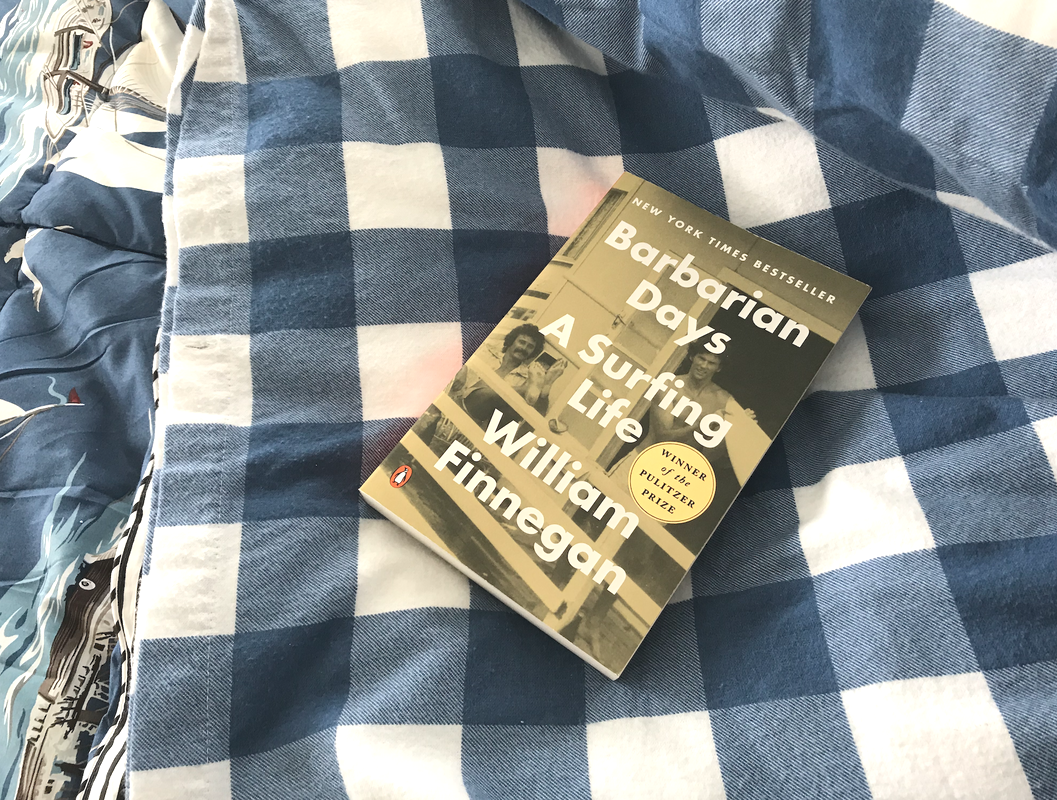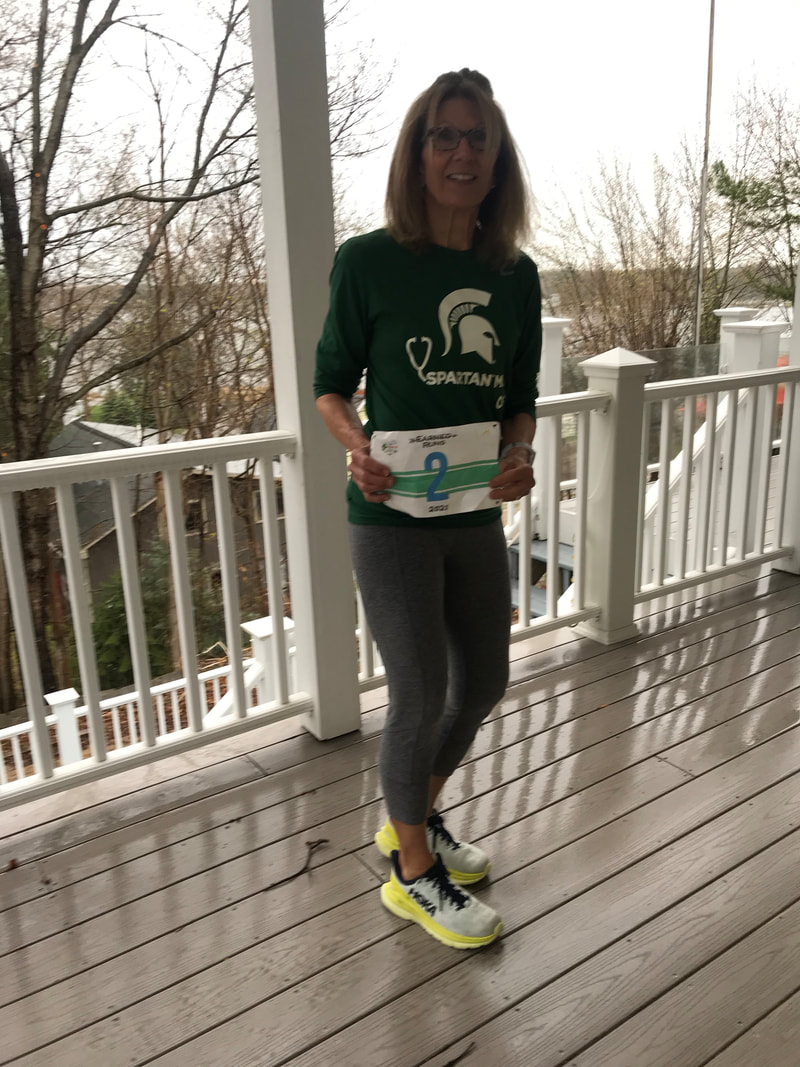BLOG
|
|
THE IMPORTANCE OF SLEEP TO ELITE ATHLETES, WITH REGARD TO OPTIMIZING PERFORMANCE, RECOVERING FROM TRAINING AND COMPETITION, AND AVOIDING INJURY has been investigated and recognized in the scientific literature (see links below). However improved sleep is a health goal for non-athletes and recreational athletes as well, for a number of reasons.
Individuals of each group may struggle with handling the demands of complex, technology-dependent lives, enjoying incredible levels of social connectivity and access to information but finding few opportunities, or perhaps having little inclination, to mentally power-down sufficiently to sleep well at night. An article by David Klose, “Books and Bedtime”, posted on sleepjunkie.org, a resource for information on sleep-related products (mattresses and bedding) and research, reported on the results of a survey it conducted about reading before sleep. Over 2300 persons were said to have been surveyed but only the answers of roughly 1000 respondents were analyzed for this piece. It seems likely that all survey-takers were visitors to the site and thus had interest in sleep topics and possibly difficulties in this area. The 1000 selected for analysis were separated about equally into those who averaged five or more nights each week (503) and those who rarely or never read at bedtime. The before-bed readers were enthusiastic about their habit and its positive effect on sleep; 96% reported they would recommend it to others, 50% said it improved sleep quality and 63% thought it aided falling asleep. Reading helped with stress reduction at bedtime (65%) and with relaxation (81%). Nearly three-fourths of this group thought they “would have a harder time falling asleep if they did not read in bed.” Most readers preferred traditional print books (44%) but only a few less (38%) liked e-books; the remainder read from a phone or tablet. Interestingly fewer e-book readers reported difficulties falling asleep (25%) compared with print (28%) and phone/tablet (32%) folks, which was thought by Klose to be related to differences in light exposure. E-book readers were also most satisfied with sleep quality and quantity! This result surprised me. I figured that old-fashioned paper books would take top place in this area. Perhaps visitors to the website were more likely than non-visitors to enjoy digital books. The survey apparently did not delve into the reasons behind reading format preferences of survey respondents or why these sleepers chose to read on 5 or more nights per week rather than 1-4 nights, which could have influenced their answers. I sometimes ‘read’ audiobooks on my phone at bedtime to induce sleep when it’s not coming easily. The listening app timer can be set for the book recording to stop after as few as 8 minutes or as long as an hour. There’s a custom time setting too, but I’ve never used it. I mostly fall asleep in less than 8 minutes. I also use the audiobook at times after waking in the middle of the night, not able to fall back to sleep. The longest period I’ve continued to listen is about 60 minutes (two 30-minute sessions when just one session doesn’t work). Since the New Year started, one resolution has been to read print books in bed before turning off the light and attempting sleep. My 8-minute-or-less zonk-out with audiobook listening occurs so rapidly that I realized wasn’t actually reading very much and had come to associate in-bed reading with troubled sleep. I missed the pleasure of a true reading experience and decided to crack open a real paper-paged book at least some nights, partly for enjoyment and partly to obviate the need for an audiobook rescue. The sleepjunkie.org survey news about book preferences caused me to reflect on why bedtime reading was special, regardless of format. I think making the effort to read (with eyes rather than ears) before sleeping is more about ritual than turning book pages for me. Pleasant anticipation of reading motivates physical and mental preparations which I might otherwise skip or not even consider necessary on non-reading nights. And it’s my ritual, performed before climbing into bed and before picking up a hardcover or paperback, that leads to de-stressing and relaxation, and ultimately more reading pleasure and restful sleep. What ritual? Mine is a series of small tasks that signal the ending of one day’s work and anticipate the enjoying of the next. It includes a brief tidying up and an organizing of home, person, and gear. Like performing a complete facial hygiene routine, preparing a coffee station and travel mug, and setting out work clothes and workout gear. It seems weird, but on nights I don’t intend to read, these little chores might not get done early, or at all. I think completing these small tasks may be what sets the stage for a more restful night regardless of book format, at least for me. Those concerned about sleep for fitness and who hope to turn nighttime slumber struggles into a full 7-8 hours of rest and recovery might wish to give bedtime reading a trial. Consider developing a brief pre-reading ritual. Perhaps this routine and a good book will turn you into an enthusiastic, 5 or more nights per week reader! RUN & MOVE HAPPY! [The sleepjunkie.org article discussed much more regarding its survey results, and you may wish to check the complete piece out online.] https://www.sleepjunkie.org/books-and-bedtime/ Optimizing sleep to maximize performance: implications and recommendations for elite athletes https://www.ncbi.nlm.nih.gov/pubmed/27367265 (2017) Sleep-Related Issues for Recovery and Performance in Athletes.https://www.ncbi.nlm.nih.gov/pubmed/29651858 (2019) [Recovery strategies in elite sport: focus on both quantity and quality of sleep].https://www.ncbi.nlm.nih.gov/pubmed/31920044 https://www.ncbi.nlm.nih.gov/pubmed/29135639 (2017) https://www.sleepfoundation.org/articles/sleep-athletic-performance-and-recovery https://www.mensjournal.com/health-fitness/9-things-every-athlete-needs-know-about-sleep-and-recovery https://www.mastersathlete.com.au/2014/03/sleep-recovery-and-sports-performance/
0 Comments
Your comment will be posted after it is approved.
Leave a Reply. |
BRIDGE TO PHYSICAL SELF
Running, walking, and fitness activities enable us to experience our physical selves in a world mostly accessed through use of fingers on a mobile device. AuthorEARNED RUNS is edited and authored by me, runner and founder. In 1978 I began participating in 10K road races before 5Ks were common. I've been a dietitian, practiced and taught clinical pathology, and been involved with research that utilized pathology. I am fascinated with understanding the origins of disease as well as health and longevity. Archives
November 2023
CategoriesNew! Search Box
Earned Runs is now searchable! Check it out...
|


 RSS Feed
RSS Feed